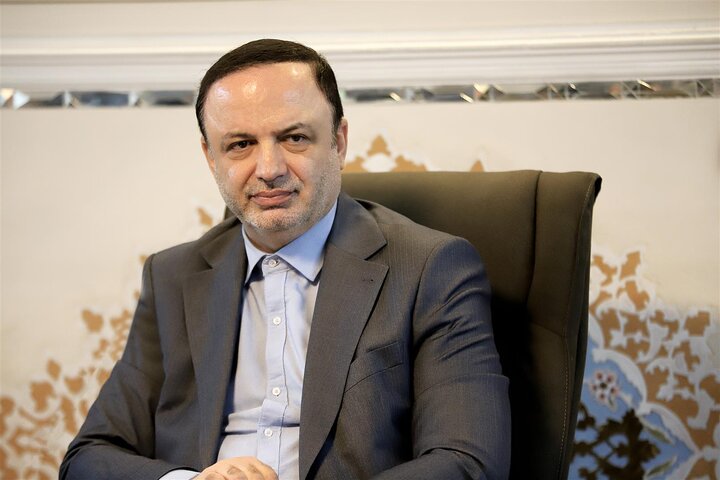According to Shada, Secretary of the Supreme Council of Free and Special Economic Zones Reza Masroor, referring to the importance of FTZs in the context of sanctions, said at the conference: “We believe that in the context of sanctions, FTZs can help the economy, provided that legal advantages are returned to them. Free zones must be truly free so that they can play their role in the economy.”
Lifting Restrictions on Car Imports and Starting the Path of Transformation
Masroor said: Some restrictions, such as the ban on car imports to free zones, have been lifted, and now a new path for the development of these zones is being pursued in the form of six strategic axes for the development of free zones:
Expanding regional cooperation through the creation of joint free zones with countries such as Pakistan and Turkey, completing the financial services ecosystem including international exchanges and offshore banks, focusing on production, exports instead of supplying the domestic market, financial reforms, including eliminating value-added tax in free zones, improving the governance system of free zones, and facilitating the business environment using modern technologies and smart systems.
The Secretary of the Supreme Council of Free and Special Economic Zones, referring to the compilation of three key documents in the Secretariat of the Supreme Council of Free Zones, added: The document on the development of FTZs has been prepared and submitted to the Ministry of Economy; the digital economy document will be finalized soon in cooperation with Sharif University of Technology, and the productivity document is being compiled in cooperation with the National Productivity Organization.
Developing international corridors and connecting Iran to Turkey and Europe with railways
Masroor continued by pointing out important projects currently being implemented in free zones, saying: Launching the International Stock Exchange in Kish by the end of this year after a seven-year hiatus, creating an advanced technology hub with international investment similar to the Belarus Technology Park, developing international transport corridors within the framework of the "One Belt, One Road" initiative, and connecting Iran to Turkey and Europe with railways, as well as updating and preparing licensed investment packages to be presented to domestic and foreign investors, are some of the important projects currently being implemented.
He emphasized: We believe that in the next two years, many of the current problems of free zones will be resolved.

